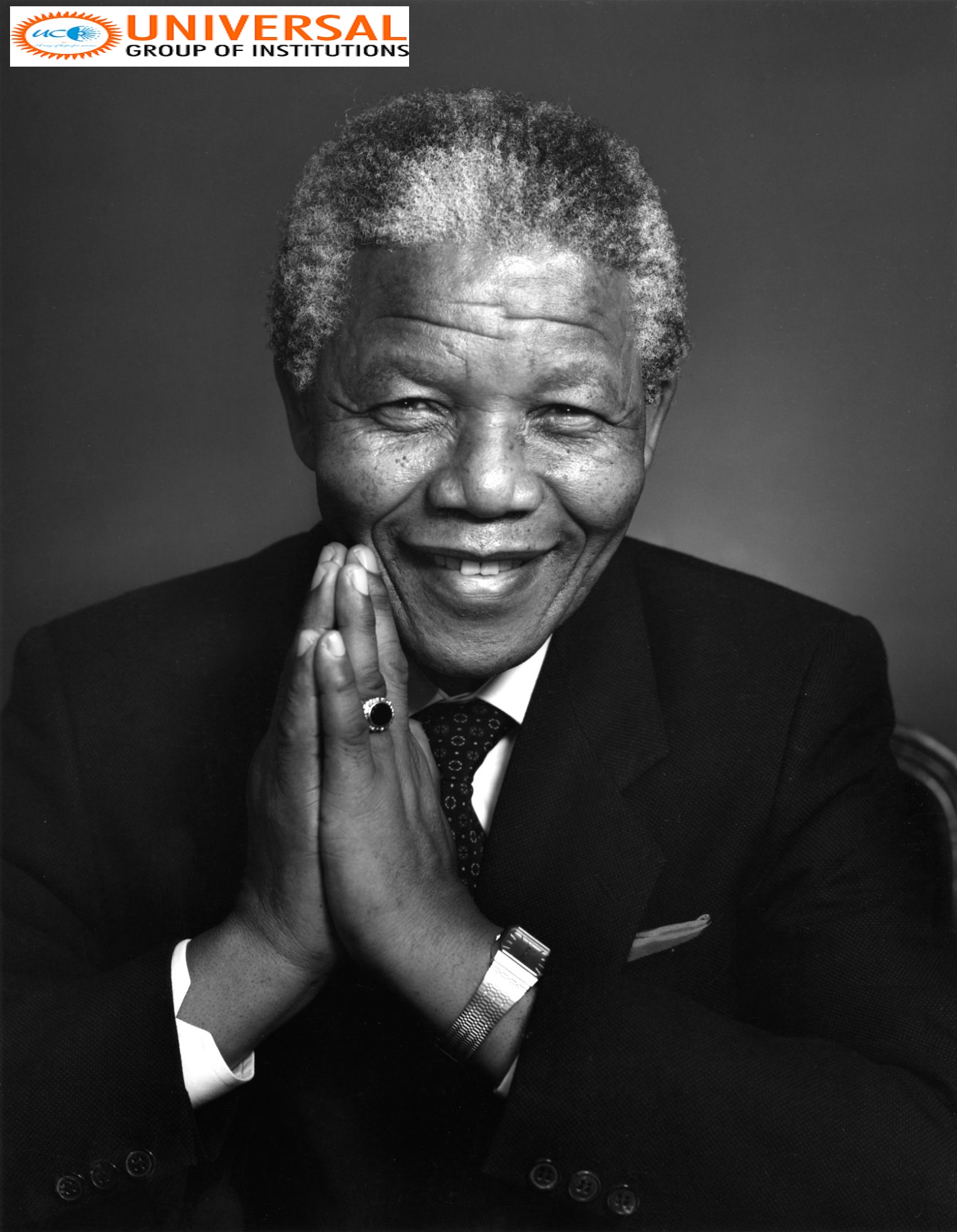Nelson Mandela
Q. Given below are quotations of moral thinkers/philosophers. Bring out what they mean to you in the present context: A nation should not be judged by how it treats its highest citizens, but its lowest ones- Nelson Mandela.
The quote captures the essence of inclusivity in a society. A nation may grow economically but it
truly progresses when the fruits of growth are not merely appropriated by those who contribute the most to it, but equitably by those who need them the most. As a corollary, it also means that rule of law is supreme and that it cannot be different for the ‘highest’ and the ‘lowest’ citizens – it should be equal for all citizens. This is essentially what the framers of the Constitution also envisioned for an independent India i.e. a just and equitable society.
In the present context, it applies even more as increasing inequality has created large gaps in the opportunities – those at the bottom are finding it more difficult to reach the social, economical and political level that they aspire for. In order to achieve the above, India needs to reduce the gap between the haves and the have-nots across these domains. The concerns of the deprived and disadvantaged members of the society need to be addressed. These include:
- Pulling out approximately 73 million people out of poverty and providing a basic standard of living for all its citizens.
- Ensuring that no one is subjected to social and occupational discrimination based on ascriptive factors like caste.
- Taking into consideration the relationship of people (such as farmers, tribals) with the land for their rehabilitation in case of acquisition of land.
- The literacy rates of marginalized sections like SCs, STs, minorities remain below the national
average. The proportion of children suffering from under-nutrition and malnutrition is high, access to health, education and jobs is poor amongst such groups.
- Ensuring that rule of law is there not merely on paper but in practice as well. The over- representation of marginalised communities in prisons reflects that those with means are able to navigate their way out of the clutches of law more easily as compared to others.
- There should be increased opportunities for employment for women and conducive work environment in order to reduce gender gap in employment. Further, they need adequate representation in politics.
These issues reveal entrenched discrimination in society. The measure of India’s progress will not be judged merely by the number of Indian billionaires, strides it makes in the field of space science, lavish urban communities it creates, its roads & highways etc. But it will be measured by how much of that development percolates to the bottom most sections of the society. The paradoxical state of India where affluence co-exists with abject poverty and privilege coexists with lack of rights needs to be resolved. The focus of the policy-makers should be to resolve them through development schemes, affirmative action, policies based on inclusive growth, etc. After all, equality is a pre- condition for meeting the challenge of reducing poverty, promoting sustainable development and building good governance.






